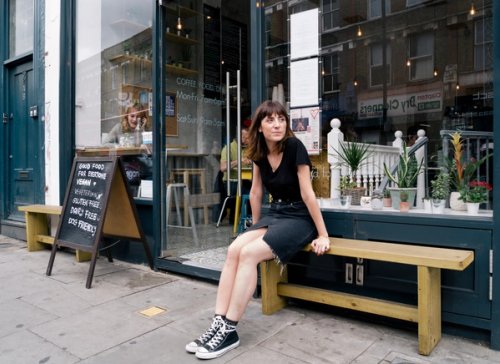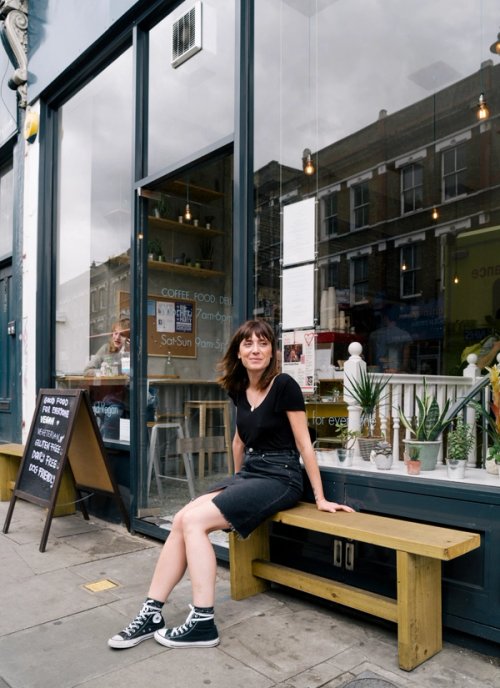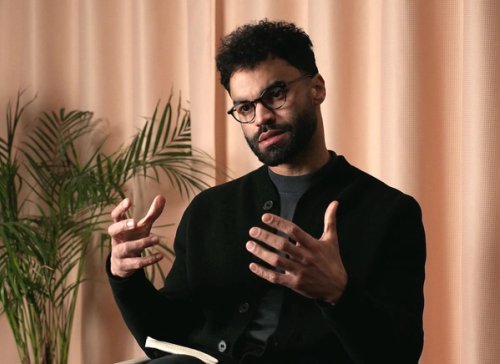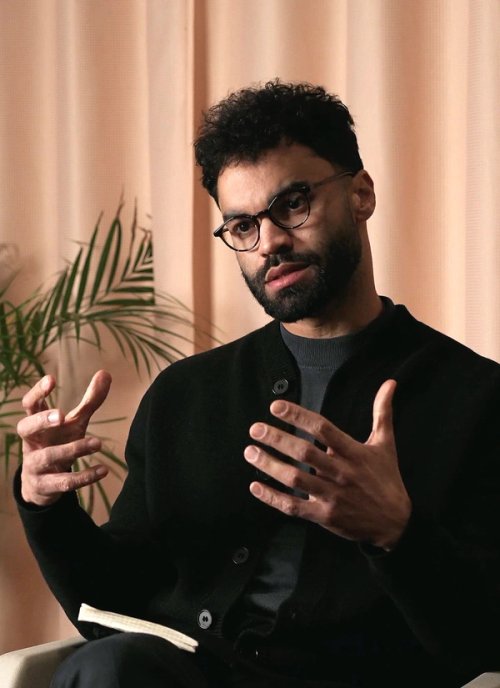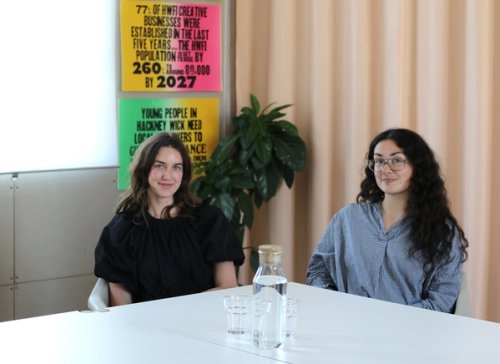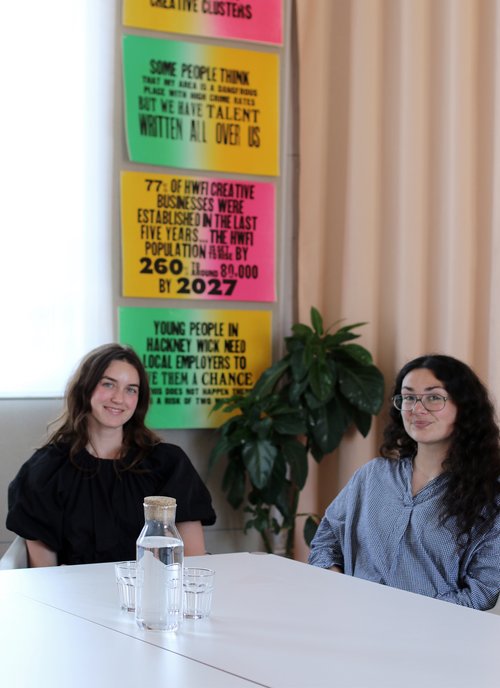Tackling the Pipeline
Nisha Kurian, Associate
24 October 2021
None of us think that we’re racist, do we? Sexist? Ablist? I genuinely don’t believe that the architectural profession is consciously and deliberately excluding under-represented groups from its ranks. And yet the facts speak for themselves. Only 37% of architect jobs in London are held by women, 7% of registered architects are from BAME backgrounds and a whopping 90% of jobs in the creative economy (which includes architecture and design) are held by people in more advantaged socio-economic groups. The profession categorically does not reflect the populations that we are designing for, and it’s not good enough.
It’s too easy to feel helpless to make change against such a widespread issue. But it’s also too easy to let ourselves off the hook for not doing more than we currently are, that’s why – alongside our colleagues in the London Practice Forum – we’ve launched RE—SET—GO, a programme with the mission of diversifying architecture practices. Collectively, we will be piloting paid work placements, mentoring and workshops to over 150 participants from under-represented groups - far more than any of us would be able to achieve as individual practices. With the support of a talent development fund from Stride, this employer-led programme is able to offer hands-on experience of some of the most exciting and dynamic practices in London. Applications for the first cohort of work placements have just closed, and we’re pleased to say that the programme was over-subscribed more than three-fold. Whilst this points to demand and – what we very much hope will be – the future success of the programme, it’s also troubling.
Too few school students are exposed to the idea of becoming an architect, that too few university students from diverse backgrounds make it through the mythically tough training, that employers can only pick from the applications that land on their doorstep, that it’s not our fault if they’re biased. And yet, within relatively narrow eligibility criteria (over Christmas, in a pandemic, and only open to four London boroughs in the pilot stage), RE—SET—GO has set opportunities in motion for a diverse group of participants.
At We Made That, beyond the newly initiated programme, we’ve been challenging this idea that our own diversity challenges are a ‘pipeline’ issue that is beyond our control. Our hope is that by anonymously surveying prospective job candidates, interviewees, and ultimately recruited team members at each stage of their journey to employment with us, we will be able to take action at each level to ensure that we identify and address any barriers to achieving a more diverse team. So far, responses to the diversity survey of people that have applied to us are revealing: applicants are majority female (65%), with a diverse range of sexual orientations, though only 15% non-white. There is a clear divergence from the wider population in terms of socio-economic background, with 57% of candidates having attended a fee-paying school (compared with just 7% of the general population). I’d love to know how our experience benchmarks against the wider industry, but so many don’t seem to be even asking the question. From this insight we can see that we need to do more to invite applications from a wider range of ethnicities and that perhaps addressing the socio-economic divide will need more fundamental action.
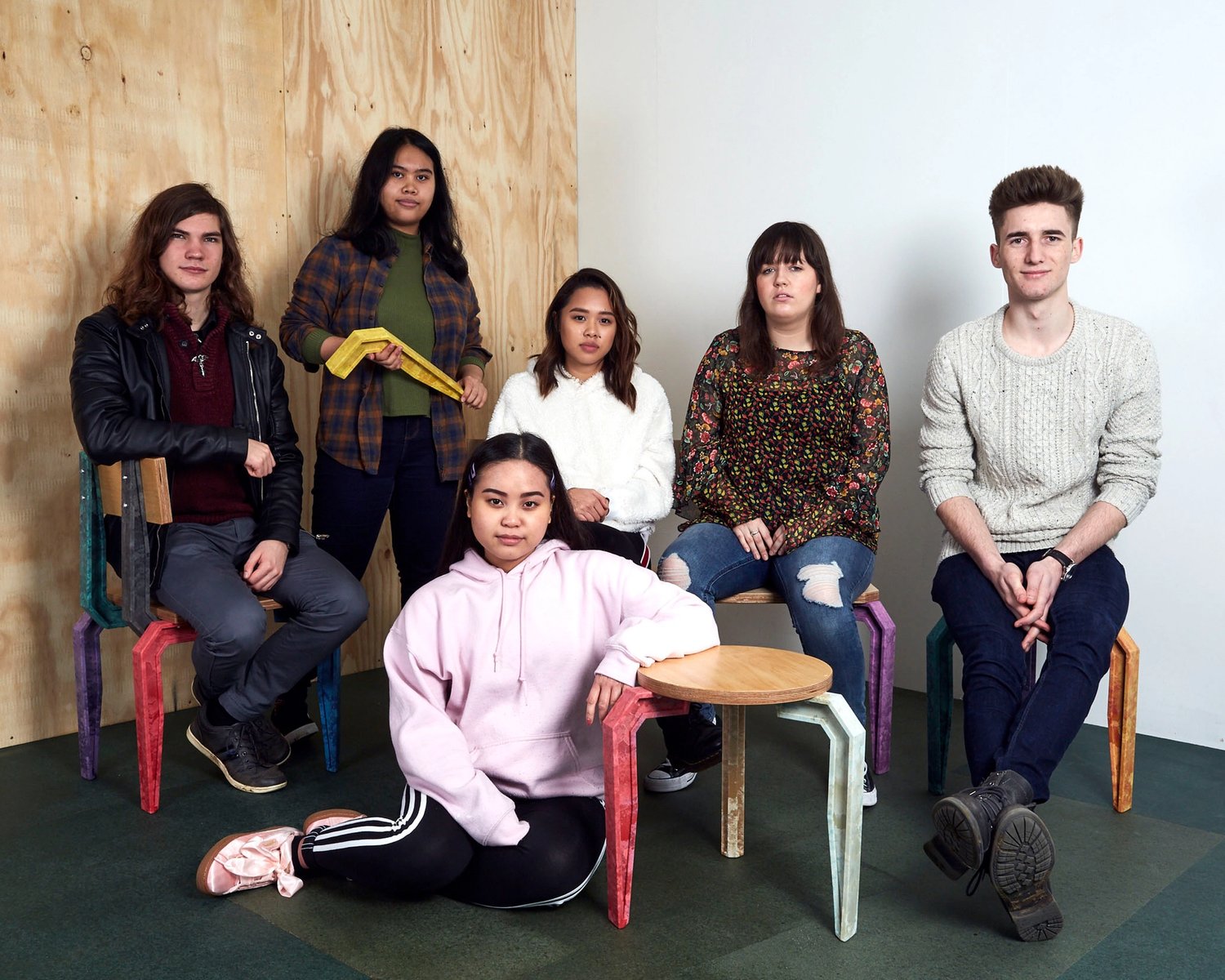
Wealdstone Youth Workshop; working with a group of 16-19 year olds to develop and deliver furniture components for use in a new town square © Thomas Adank
We’ve been taking a creative view on what this can mean, from our Kensal Voices programme creating a podcast about local change in north Kensington with local partner Octavia (alongside delivery of a new workspace building), to the Wealdstone Youth Workshop in Harrow learning about industrial design to produce furniture for a new public space. Both of these programmes were targeted at young people who might otherwise never encounter architecture or urban design.
Find out more about RE—SET—GO
Photo credits:
Croydon Ideas Shop and ‘Urban Pioneers’: Through workshops with architects artists musicians designers and writers a group of 10 young people from Croydon examined the area’s built environment and the issues it faces. © Jim Stephenson
Saturday Club Trust ‘masterclass' on urban planning streets and spaces. © Karl Hopkinson

